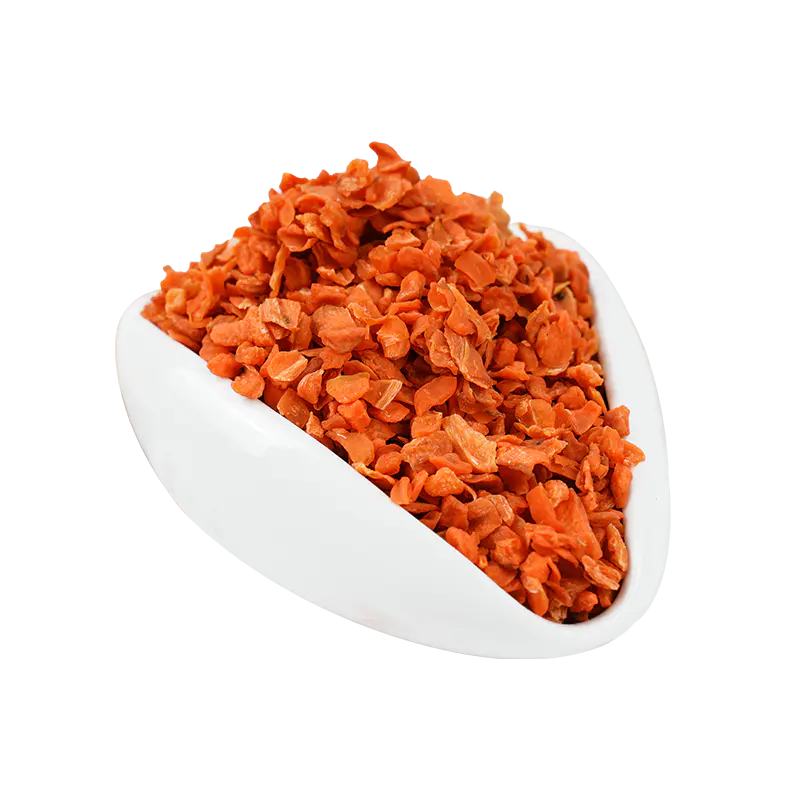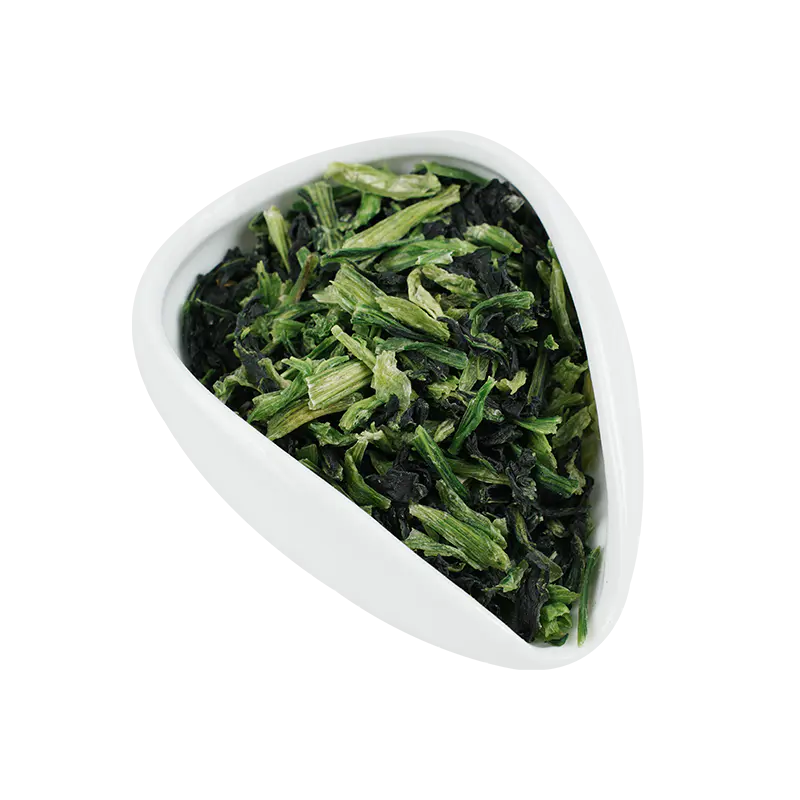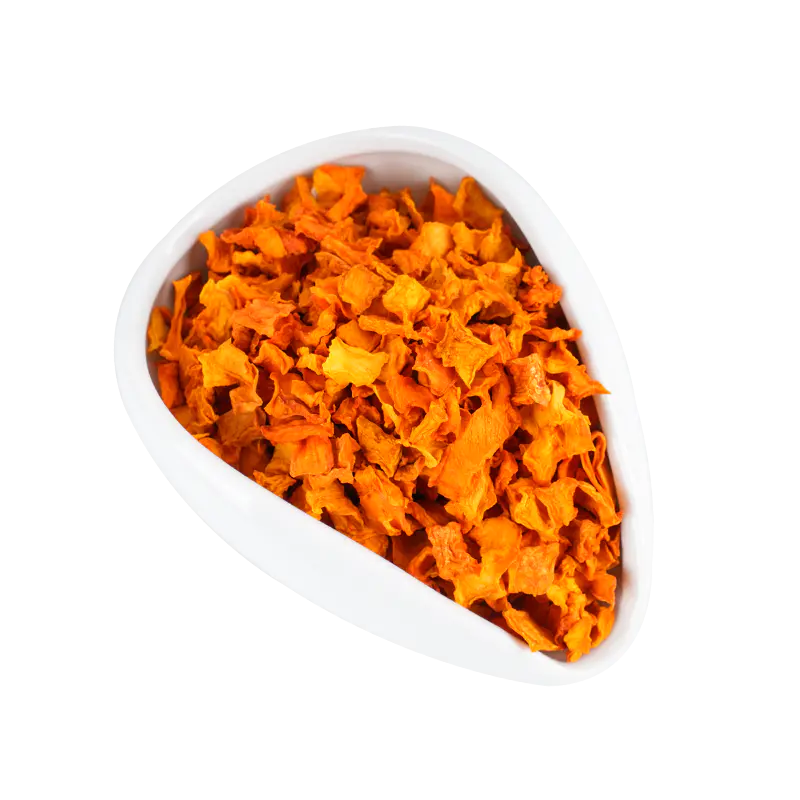In the evolving landscape of global nutrition, few ingredients have achieved as much recognition in recent years as vegetable powder. Once considered a niche product for specialty foods, vegetable powder has now become an essential ingredient across a wide spectrum of applications. From functional beverages and dietary supplements to bakery items and meal replacements, this versatile ingredient is shaping the way consumers and manufacturers think about health, convenience, and sustainability.
Nutritional Value of Vegetable Powder
Vegetables are well known for their content of vitamins, minerals, antioxidants, and dietary fiber. However, fresh vegetables are often bulky, perishable, and require preparation. By converting them into powder form, these nutrients are made more accessible while extending the shelf life and usability of the raw material.
Spinach powder provides essential minerals such as iron and magnesium, beetroot powder delivers nitrates and betalains for circulatory health, and carrot powder offers beta-carotene, which the body converts into vitamin A. Unlike synthetic supplements, these powders present nutrients in a natural food matrix, which may improve bioavailability and consumer acceptance.
Moreover, vegetable powders retain bioactive compounds that support immune health, reduce oxidative stress, and contribute to metabolic regulation. This makes them valuable for use in functional products that target specific health outcomes.
Functional Applications in the Food Industry
Meal Replacements
Vegetable powders are increasingly used in meal replacement products, where they help create a more balanced nutritional profile. They supply fiber that enhances satiety, improve digestion, and stabilize blood sugar. In addition, they bring natural flavors and colors that allow manufacturers to avoid artificial additives.
Smoothies and Beverages
In smoothies and powdered drink mixes, vegetable powders add both nutrition and visual appeal. The vivid colors of beetroot, kale, or spinach powder make drinks more attractive, while their nutrients complement fruit-based ingredients to create a more balanced product. These powders also ensure consistency in taste and nutritional content, which is not always possible with fresh produce.
Supplements
In the supplement market, vegetable powders are used in capsules, tablets, and powdered green drinks. They provide a concentrated way to deliver phytonutrients and antioxidants to consumers who may not eat sufficient vegetables daily. Standardized powders also allow manufacturers to guarantee nutrient levels in each serving, meeting both regulatory and consumer expectations.
Bakery and Snack Foods
Beyond beverages and supplements, vegetable powders are being introduced into bakery items, snack bars, and even pasta. They provide a way to enrich everyday foods with added vitamins and minerals while also enhancing their color and flavor naturally. For example, spinach powder may be added to pasta dough, or carrot powder incorporated into muffins to improve both their nutritional and visual qualities.
Technological and Industrial Advantages
From a manufacturing standpoint, vegetable powders offer several benefits:
Shelf Stability – Unlike fresh vegetables, powders are lightweight, non-perishable, and easy to store.
Consistency – Powders ensure standardized color, flavor, and nutrient content across production batches.
Formulation Flexibility – They can be blended easily with proteins, grains, or flavoring agents in a wide range of applications.
Cost Efficiency – Vegetable powders reduce transportation costs and simplify storage, since they do not require refrigeration.
These qualities make them attractive to food companies looking to innovate while maintaining efficient supply chains.
Clean Label and Plant-Based Demand
Today’s consumers are increasingly focused on transparency and natural ingredients. Labels free from artificial additives or synthetic dyes hold strong appeal. Vegetable powders contribute to this demand by providing natural coloring and flavoring options. Beetroot powder can replace artificial red dyes, while spinach powder offers a green tint without chemicals.
Furthermore, the growing popularity of vegetarian and vegan diets has fueled demand for plant-based ingredients. Vegetable powders fit perfectly into this trend, enabling manufacturers to create plant-based products that deliver both nutrition and taste.
Contribution to Sustainability
Sustainability has become a defining factor in modern food innovation, and vegetable powders support this shift in multiple ways. The conversion of surplus or cosmetically imperfect vegetables into powder reduces food waste and adds value to agricultural products that might otherwise go unused.

 English
English 中文简体
中文简体





 Xinqian Village (Dehydrated Fruit and Vegetable Industrial Park), Duotian Street, Xinghua City, Taizhou City, Jiangsu Province, China
Xinqian Village (Dehydrated Fruit and Vegetable Industrial Park), Duotian Street, Xinghua City, Taizhou City, Jiangsu Province, China +86-13852647168
+86-13852647168
